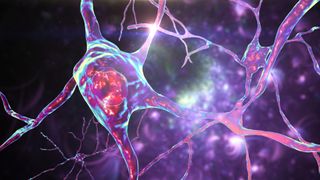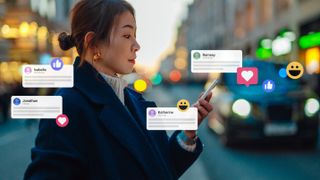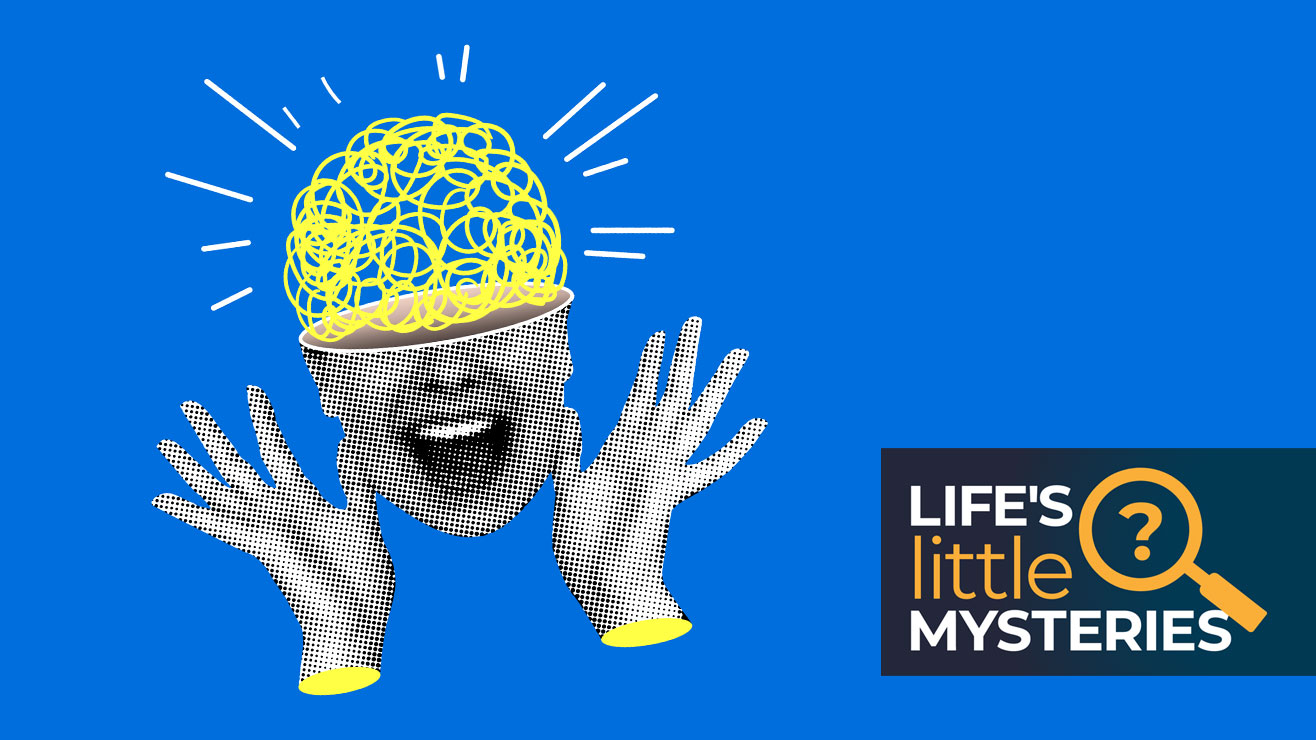Neuroscience
Latest about Neuroscience
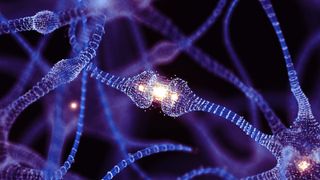
There's a speed limit to human thought — and it's ridiculously low
By Skyler Ware published
Human brains take in sensory data at more than 1 billion bits per second, but only process that information at a measly 10 bits per second, new research has found.
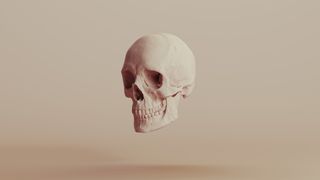
Some schizophrenia cases stem from malformations of the skull, study suggests
By Nicoletta Lanese published
A new study hints at a "previously recognized" mechanism that links a rare chromosomal disorder to schizophrenia.

You're born with most of your neurons — but the brain makes some mysterious new ones in adulthood
By Aswathy Ammothumkandy, Charles Liu, Michael A. Bonaguidi published
Understanding how new neurons affect brain function throughout adulthood can offer new approaches to treating epilepsy and dementia.

Babies' brain activity changes dramatically before and after birth, groundbreaking study finds
By Emily Cooke published
New brain scans have shown that neurons in several regions of the brain become significantly more active across birth.
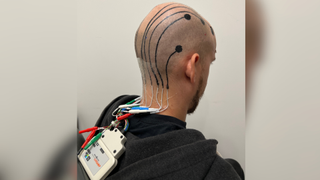
'Electronic' scalp tattoos could be next big thing in brain monitoring
By Emily Cooke published
Electrodes can now be printed onto the scalp to measure brain activity.
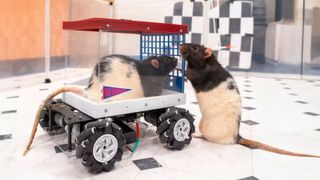
Neuroscientists taught rats to drive tiny cars. They took them out on 'joy rides.'
By Kelly Lambert published
Scientists taught rats to drive to a certain destination, but the rodents took a detour, suggesting they enjoy both the journey and the rewarding destination.

These 3 neurons may underlie the drive to eat food
By Emily Cooke published
A brain circuit made up of three types of neurons may regulate appetite, a mouse study finds.

What really caused encephalitis lethargica, the mysterious disease described in the movie 'Awakenings'?
By Jonathan Rogers published
Revisiting a disease that affected a million people might provide answers we need for the future.
Get the world’s most fascinating discoveries delivered straight to your inbox.


